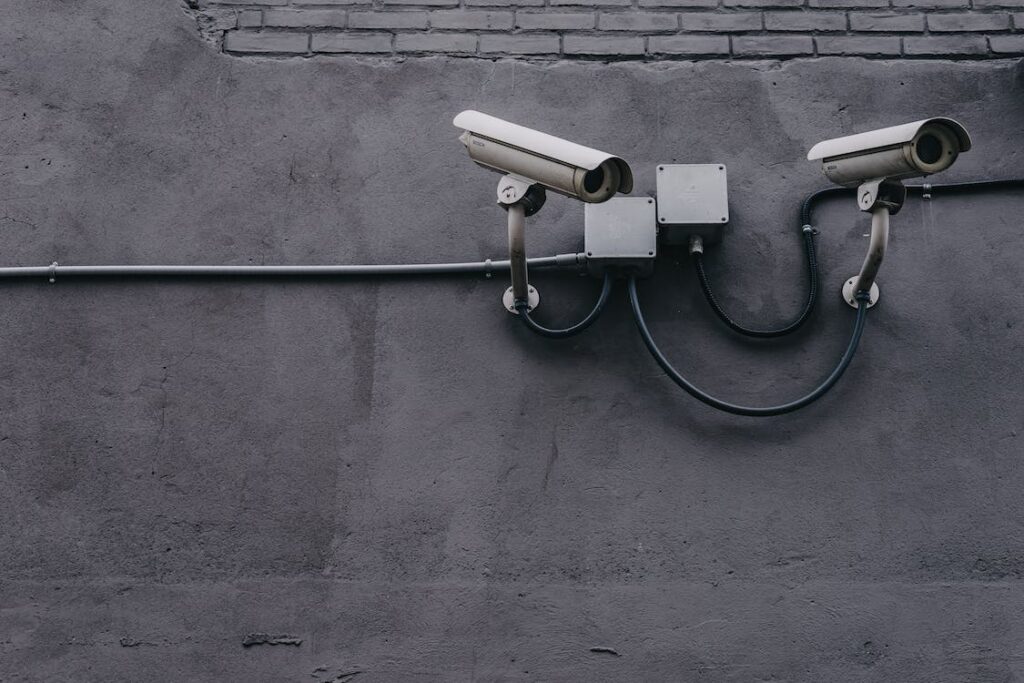Prompt disclosure of evidence is a critical component of Arizona civil procedure law. This requirement is designed to ensure that all parties to a civil case have access to relevant evidence as early as possible in the litigation process, in order to promote fairness and efficiency in the judicial system. In this blog post, we will explore the key aspects of prompt disclosure of evidence under Arizona civil procedure law.
Overview of Prompt Disclosure of Evidence
In Arizona civil procedure law, prompt disclosure of evidence is required under Rule 26.1 of the Arizona Rules of Civil Procedure. This rule requires all parties to a civil case to disclose all relevant evidence within 40 days of service of the complaint, or within a different timeframe ordered by the court. This includes any documents, photographs, recordings, or other materials that could be used as evidence in the case.
The purpose of prompt disclosure of evidence is to ensure that all parties have access to the same information at the same time, and to promote efficiency in the litigation process. By requiring the early disclosure of evidence, the court can avoid surprises at trial, prevent unnecessary delays, and promote the fair and efficient resolution of the case.
Sanctions for Failure to Promptly Disclose Evidence
If a party fails to comply with the prompt disclosure of evidence requirements under Rule 26.1, they may face sanctions from the court. These sanctions can include fines, adverse evidentiary rulings, or even dismissal of the case.
The severity of the sanction will depend on the circumstances of the case, as well as the degree of noncompliance by the party in question. However, it is important to note that failure to promptly disclose evidence can have serious consequences for the party involved, and can significantly impact the outcome of the case.

What is an example of failure to disclosure evidence under Arizona civil law?
In Arizona civil law, a failure to disclose evidence can occur in various contexts. Here is an example of failure to disclose evidence in an Arizona civil case:
Suppose that in a personal injury case, the defendant fails to disclose in discovery that they have a surveillance video that shows the plaintiff engaged in activities that are inconsistent with the claimed injuries. The defendant proceeds to trial without disclosing the video, and the plaintiff is awarded damages based on the severity of their injuries.
In this scenario, the defendant’s failure to disclose the surveillance video may be considered a violation of the Arizona Rules of Civil Procedure. Specifically, Rule 26.1 requires parties to disclose all relevant evidence, including any documents or recordings that may be used to support their claims or defenses.
The plaintiff may be entitled to seek sanctions against the defendant for the failure to disclose the evidence. Sanctions may include penalties, such as monetary fines or even dismissal of the case.
Again, it is important to note that the application of the law can vary depending on the specific circumstances of each case. It is recommended that individuals seek the advice of a qualified attorney for legal advice and representation in civil cases.

Exceptions to Prompt Disclosure of Evidence
While prompt disclosure of evidence is generally required under Arizona civil procedure law, there are some exceptions to this rule. For example, parties may be able to withhold certain types of evidence if they can demonstrate that the evidence is privileged, confidential, or otherwise protected by law.
Additionally, parties may be able to request a protective order from the court if they believe that disclosing certain evidence would cause undue burden, expense, or harassment. In such cases, the court may order that the evidence be disclosed under certain conditions or limitations, in order to balance the needs of both parties.
Conclusion
Prompt disclosure of evidence is a critical component of Arizona civil procedure law, designed to promote fairness and efficiency in the judicial system. By requiring parties to disclose all relevant evidence early in the litigation process, the court can avoid surprises at trial, prevent unnecessary delays, and promote the fair and efficient resolution of the case. While failure to comply with the prompt disclosure requirements can result in serious sanctions, there are some exceptions to the rule, designed to balance the needs of both parties. Overall, prompt disclosure of evidence is a crucial aspect of Arizona civil procedure law, and parties involved in civil cases should be aware of their obligations under this rule.
